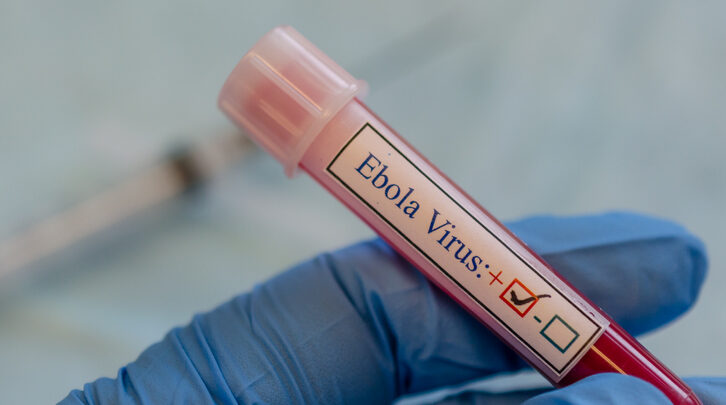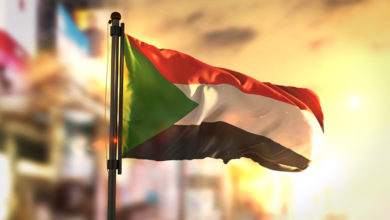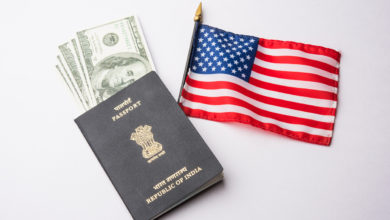
The World Health Organization (WHO) on Wednesday announced that the Ebola outbreak in the Democratic Republic of Congo (DRC) still constitutes a Public Health Emergency of International Concern (PHEIC), reported UN News. The announcement was made by health experts following a meeting in Geneva.
The Ebola epidemic, which was declared in August 2018, has left over 2,300 people dead in the east of the DRC, an area where several militia groups are operating.
Last year in July, the WHO declared the Ebola outbreak a “public health emergency of international concern” – a designation that gives the health agency greater powers to restrict travel and boost funding. The efforts to contain the current outbreak have been adversely affected by attacks on health workers and conflicts in the east.
Notably, for the epidemic to be declared over, there have to be no new cases reported for 42 days – double the incubation period. But, three cases had been reported in the past week in the DRC.
“As long as there is a single case of Ebola in an area as insecure and unstable as eastern DRC, the potential remains for a much larger epidemic,” WHO Director-General Tedros Adhanom Ghebreyesus told reporters in Geneva.
Tedros said the decision to extend the emergency status was the unanimous view of the WHO Emergency Committee. He expressed hope that the emergency could be lifted within the next three months on the advice of the WHO’s emergency committee of international experts.
According to the UN health agency, withdrawing the PHEIC now might have adverse consequences for the response efforts through diminishing focus, considering the serious ongoing outbreaks of other diseases, including measles and cholera, in the country.
Tedros said he is set to visit Congo later this week to meet with DRC president and some other senior government officials to discuss and improve the country’s health care system.




